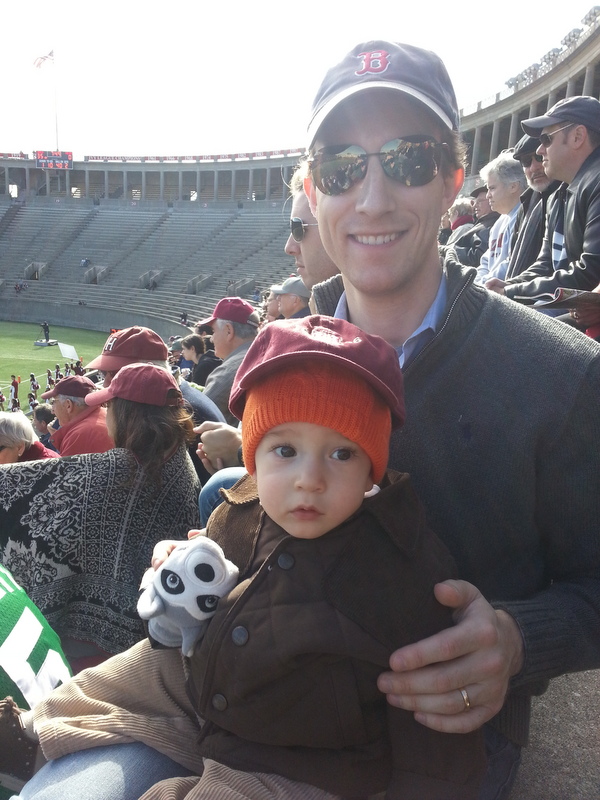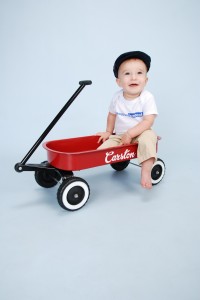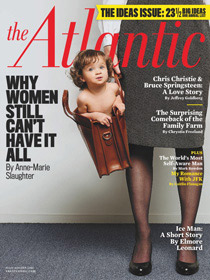We're in the midst of multiple football seasons-- Pop Warner, high school, college, and pros-- and, like anything, we have some good and some bad stories. The bad stories focus on injuries and over-involved adults. Massachusetts and New England are no strangers to crazy youth sports parents and physical altercations (as I wrote about in last month's Boston Magazine). While hockey parents were named the whackiest, football parents came in a close second. Given that, it's no surprise that MA youth football season has been making headlines-- both in the region and nationally. Following a September game between two Central Massachusetts teams which resulted in five preteen players sustaining concussions, adult coaches and officials were suspended and banned for allowing aggressive play to go on for so long. In general the reaction has been negative mainly because of the new culture surrounding football in general with regard to head injuries, especially when it comes to the youth game.
But just as we have become more concerned over the safety of youth football players, we also have seen a rise in the number of pint-sized football phenoms. An article in the October 15th issue of The New Yorker by Ben McGrath, "Head Start: Steve Clarkson grooms future quarterbacks for the pros," sheds light on private coaching for young quarterbacks, which can start as soon as kids hit double digits. It's not surprising that organizations like Clarkson's Dreammaker Academy exist, given society's penchant for rewarding precocity and athletic achievement. What is surprising about the article is the extent to which some parents will go to get their children in with Clarkson and college coaches-- like holding their sons back a year in middle school (different from academic redshirting in kindergarten), paying thousands of dollars for an hour session, or changing schools (sometimes mid-year, sometimes across state lines, and sometimes inventing a new school from scratch). McGrath rightly points out that it has taken a surprisingly long time to cultivate football prodigies (partly because size is so important, but unclear until kids get older), but given the intricacy behind the quarterback position it makes sense that this would be the first one to see the youngest of the pint-sized football phenoms.
Even though I hope my own son won't be a pint-sized football phenom someday-- primarily because of concerns about head injuries (and I'm not the only mom who thinks this!)-- I would be thrilled if he displayed the type of character these pint-sized football phenoms have shown this fall. Yes, these are the good stories and you may need a tissue after you read them.
1) Heartwarming story about a senior football star in Ohio, Michael Ferns, who intentionally went out of bounds so that a freshman, Logan Thompson, could score. Why? Thompson's father had just passed away from a stroke two days before. Special moment in video and pictures can be seen here.
2) Great story about a NJ kicker, Anthony Starego, who helped his team win recently. What's special about his story is that he has pretty severe autism. I also love that his team has fully accepted him and they make sure that no one bullies him. Just hope that all of the people discussed in this story are safe after Hurricane Sandy.
3) But the best story in my opinion is about Carson Jones and Chy Johnson. Chy has a brain disorder and had been severely bullied. Her mom spoke to Jones, the star quarterback of an undefeated high school team in AZ. Jones and his teammates took Chy under their wings and had her sit with them at lunch. Everyday. I first read about this on the 27th in New York Daily News. I was not at all surprised to see that ESPN picked up the story a few days later. Rick Reilly's story about Chy and her boys moved me even more deeply-- though didn't mention if the team was still undefeated. No matter what the outcome of their season is, this are remarkable young men. I dare you to read about them and not tear up a bit.
While Carston likely won't be on any undefeated football teams, I hope he is an honorable man like Carson Jones. I hope he appreciates people's differences-- the good and the bad-- and can root for others. He attended his first football game this weekend (Harvard vs. Columbia, and he cheered the Crimson on to victory). Even fans can be pint-sized phenoms.





